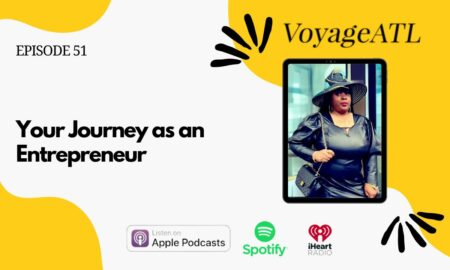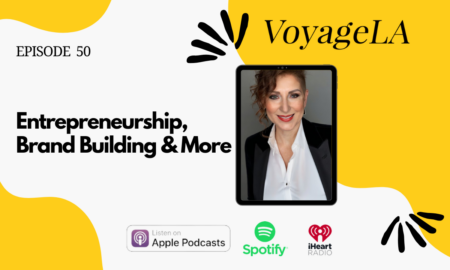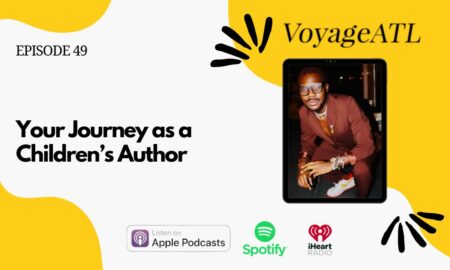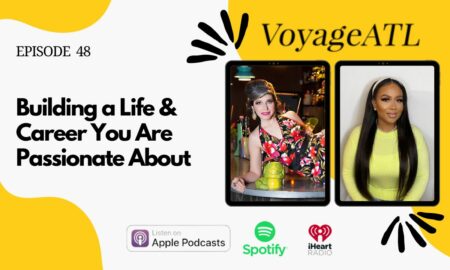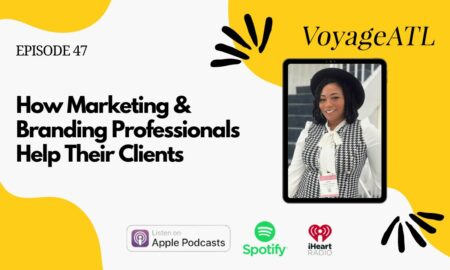

Today we’d like to introduce you to Maggie Kulyk.
So, before we jump into specific questions about the business, why don’t you give us some details about you and your story.
I grew up in a family manufacturing business but left it in my later twenties to pursue a Masters in Divinity degree at the Candler School of Theology at Emory University. After completing my masters, I felt called to teach and so pursued a Ph.D. in Religion at Emory, but finished “ABD” (all BUT dissertation) when I realized that, due to family complications, it was not possible for me to leave Atlanta to pursue an academic position. After some soul-searching, I realized that I was called to re-enter the business world and was drawn to the idea of doing what I referred to as “pastoral care with money.” I realized that working with folks around how best to use their money in the service of their truest, most heartfelt desires and in alignment with their core values was truly noble work. It allowed me to combine my entrepreneurial instincts and business acumen with my desire to be of service to others in a truly deep and meaningful way. The ubiquity of money in our lives – the way it insinuates itself into so many of our life decisions – makes engaging with people in this way a very powerful, and I would even say, sacred act. Most folks (myself included) were raised to keep “money talk” and any issues we might have around how we feel about or deal with our money somewhat secret. Talking openly about our money life has been referred to by some as “the last taboo” in our culture. The complexity of our money system and the way money links to our most basic survival needs these days in our western culture has the effect of making our money decisions (how we earn, spend, store and give away our money) very emotionally freighted. It can also be very confusing and intimidating. I found my true vocation when I entered this profession and built a financial planning firm that can serve as a trusted advocate and guide for folks who need and want this support.
We’re always bombarded by how great it is to pursue your passion, etc. – but we’ve spoken with enough people to know that it’s not always easy. Overall, would you say things have been easy for you?
Building any business has its challenges. I would say the hardest part of the path has been finding, nurturing and keeping the right team members so that our firm can grow and help even more people to truly integrate money and meaning in their lives. Making the transition from a solo practitioner, to a solo advisor with support, to a true ensemble team of people has not always been easy. The skills that make you a wonderful individual advisor do not necessarily make you a great leader of a firm. And sometimes the very things that made you good at those first few years can even get in the way of the skills you need to move the business forward. But the guiding light has always been the central vision and mission: helping people work with their money in ways that support their flourishing, as well as the flourishing of their community and the wider world. Staying true to that mission has allowed us to discern the next right thing as we continue to grow and deepen our relationships with our client community.
We’d love to hear more about your business.
Our mission at Chicory Wealth is “Integrating Money and Meaning.” We help people align their financial lives with their hopes and dreams for the future – for themselves, for others, and for the planet. We are part of the growing emphasis on using personal and collective resources for socially just relationships, sustainable economic development, and a healthy eco-system. As a business, we are committed to social and environmental stewardship and to helping others do the same.
We do this by acting as fee-only fiduciary financial life planners and asset managers. We help clients with all things money – and in all the things that money touches. So we are often, quite literally, the second call (sometimes the first) during those transitional moments in a client’s life. We support our clients in planning for and acting on the happy moments in life – the new job, the first house, the next child and their education, that longed-for special trip. And we also support them and help them plan for the harder moments – the loss of a job, the divorce, the sudden incapacity, or the death of a loved one.
Along the way, we help our clients stay focused on and grounded in what REALLY matters to them so that their financial decisions stay in alignment with their most cherished values. In an age of constant distraction, this can be very difficult to do on one’s own. We are coaches, cheerleaders, educators, social workers, analysts, and wise and compassionate guides for our clients as they traverse what can be, from time to time, a treacherous and confusing path up the mountain of their financial lives. It is noble work.
What were you like growing up?
Growing up, I never once thought: I want to grow up and be the CEO of a financial planning and asset management firm. I experienced money as something that separated people in unhealthy ways. I was raised in a small town in Western Pennsylvania that was quite impoverished, and many of the folks around me – the kids I went to school with and their families – really struggled to make ends meet. It was the beginning of the end for manufacturing jobs in the US, and I was living in what would quickly become the Rust Belt. My own family was, by the standards of the town, somewhat affluent. I personally lacked for nothing. But this affluence did NOT translate into a sense of security or happiness. To the contrary, I was painfully aware of how difficult the situation was for those around me, and my own financial well-being was impacted by that environment. Having more money than many of those around me made me feel bad, even guilty, and certainly powerless to help. I thought to distance myself from money and became very avoidant of the conversation or thinking about it. It shaped me and my attitudes toward money. That’s why I have a deeply felt sense that money – on its own, and untethered from meaning and purpose greater than ourselves – is never enough. I guess I am somewhat of a communitarian as a result of this experience, and it is why I, ultimately and quite surprisingly, felt called to this work. I feel blessed to have found it.
Contact Info:
- Address: Chicory Wealth
2786 N Decatur Rd.
Suite 260
Decatur, GA 30033 - Website: https://chicorywealth.com/
- Phone: 404-294-5917
- Email: info@chicorywealth.com
- Facebook: https://www.facebook.com/chicorywealth/
- Twitter: https://twitter.com/ChicoryWealth




Getting in touch: VoyageATL is built on recommendations from the community; it’s how we uncover hidden gems, so if you know someone who deserves recognition please let us know here.















